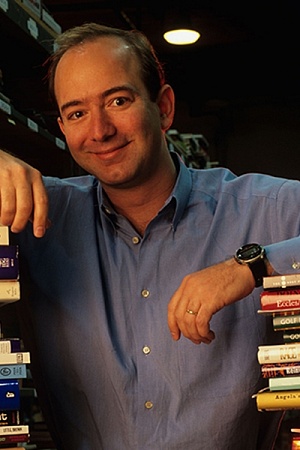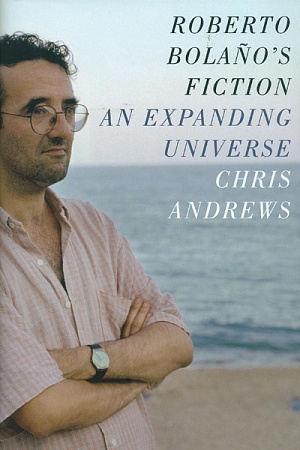ABR receives a commission on items purchased through this link. All ABR reviews are fully independent.
At the Proustian gym
For many, Marcel Proust (1871–1922) is the supreme European writer of the twentieth century. His seven-volume masterpiece, Àla recherche du temps perdu (1913–27), is astonishing in the range of its themes and ideas. It is a philosophical novel about time, memory, imagination, and art; a psychological novel about sexuality, love, and jealousy; a sociological novel about how the social world is organised into groups and how our identities are formed by those groups; a political novel containing acute analyses of class perceptions, social mobility, racism, homophobia, and war; and a comic novel of manners, character, and language. In Search of Lost Time (as it is now commonly translated) is also a boldly experimental novel, quite unlike what contemporary readers understood to be a work of fiction. Proust is a key figure in the development of modernism: he redefined the boundaries of fiction, breaking open the French heritage of realism by shifting the focus of the novel from ‘the real’ to the creative mind of the novelist.
Continue reading for only $10 per month. Subscribe and gain full access to Australian Book Review. Already a subscriber? Sign in. If you need assistance, feel free to contact us.
Marcel Proust: A very short introduction
by Joshua Landy
Oxford University Press, £8.99 pb, 170 pp
ABR receives a commission on items purchased through this link. All ABR reviews are fully independent.












Comment (1)
Leave a comment
If you are an ABR subscriber, you will need to sign in to post a comment.
If you have forgotten your sign in details, or if you receive an error message when trying to submit your comment, please email your comment (and the name of the article to which it relates) to ABR Comments. We will review your comment and, subject to approval, we will post it under your name.
Please note that all comments must be approved by ABR and comply with our Terms & Conditions.